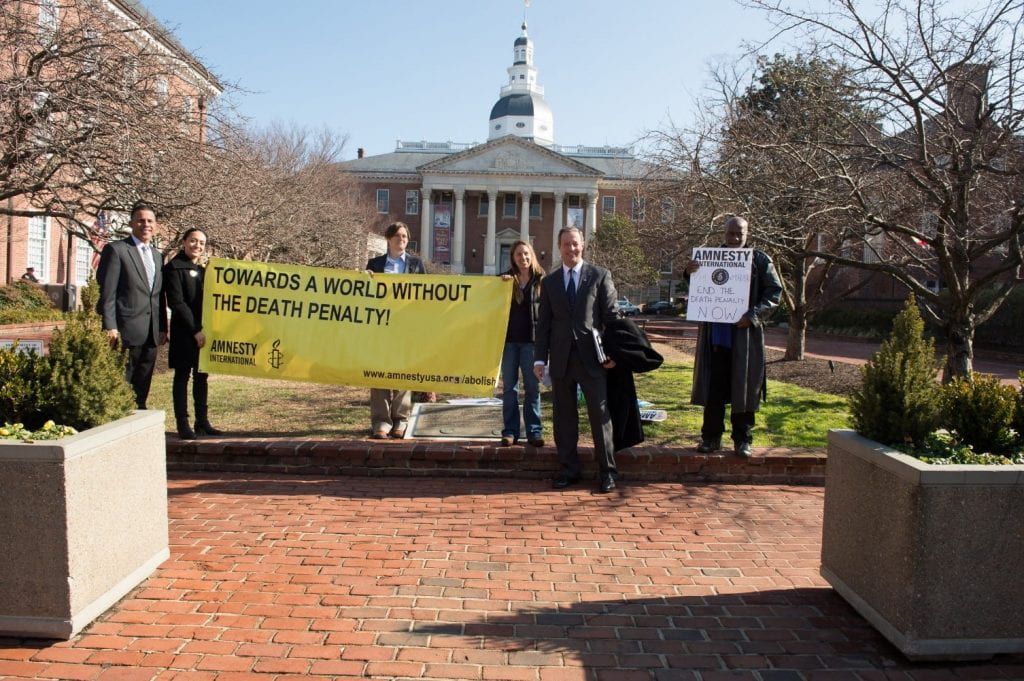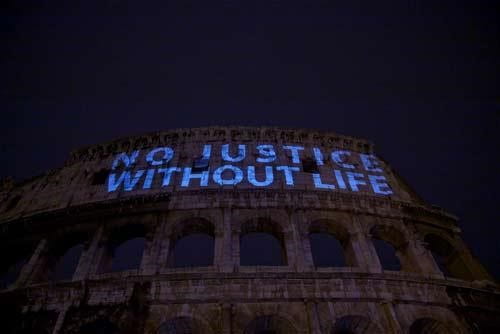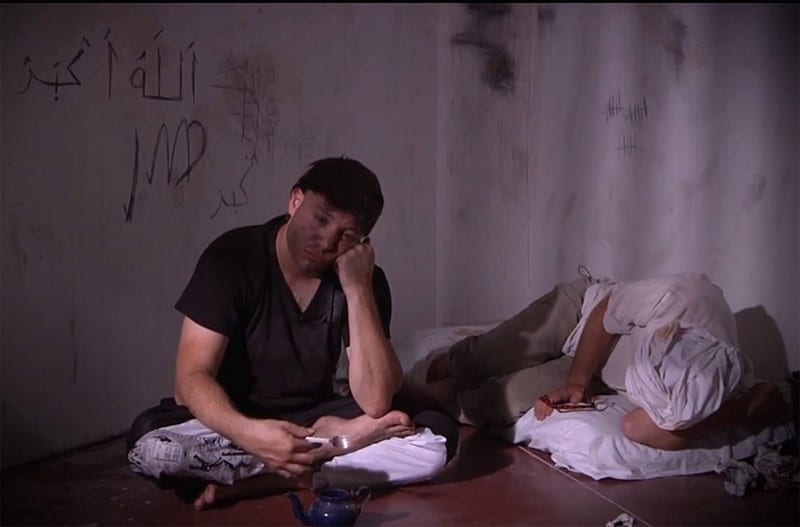
The most fundamental human right is the right to life as recognized in Article 3 of the Universal Declaration of Human Rights. The denial of the right to life, through the practice of capital punishment, is internationally condemned with nearly two-thirds of countries worldwide banning the death penalty in law or in practice. The United States is a notable outlier as the only member of the G8, one of three members of the G20, and the only Western country to still practice capital punishment. This is deeply problematic for several reasons: the practice does not deter or reduce crime, disproportionately targets poor and disabled minorities, and results in the sentencing of innocent people approximately 4.1% of the time.
The local rate of death penalty cases is alarming. According to Harvard Law’s Fair Punishment Project, 16 counties of the total 3,142 in the nation were listed as outliers, including Jefferson and Mobile counties in Alabama. The study states that Jefferson County “sent more criminal defendants to death row between 2010 and 2015 than almost every other county in the nation.” As one of thirty-one states to still have the death penalty, Alabama is the only one that allows sentencing to capital punishment with a non-unanimous vote. Additionally, Alabama is the only state allowing judges to override a jury’s conclusion to recommend life without parole. Kent Faulk reports defendants in all five Jefferson County death penalty cases are black, received non-unanimous verdicts—two of which were overturned by a judge, and one third of the defendants had “intellectual disability, severe mental illness, or brain damage.”

Racial discrimination is a continuing problem in America’s criminal justice system, and results in the state-sponsored deaths of minorities. Recent studies have found that courts are more likely to sentence a defendant to death if they murder a white person over any other race. A study in North Carolina found that the likelihood of obtaining the death sentence increased by nearly four times if the victim was white. In Louisiana, the odds of being sentenced to death for the murder of a white victim is 97% higher than for the murder of a black victim. Additionally, a Connecticut study found that minorities who kill whites are given the death penalty at higher rates than minorities who kill minorities. Some of this discrimination may be a consequence of the racial empathy gap—the finding that people automatically assume that African-Americans feel less pain than whites.
Anthony Ray Hinton was sentenced to Alabama’s death row, recently found innocent, and freed from after nearly thirty years. Hinton, released in 2015, gave his testimony of deep racial injustice of Alabama’s criminal justice system: “[The lieutenant] said, ‘I don’t care whether you did it or you don’t… but you gonna be convicted for it. And you know why? … You got a white man. They say you shot him. Gonna have a white D.A. We gonna have a white judge. You gonna have a white jury more than likely. All of that spell conviction, conviction, conviction.’” When new evidence found Hinton innocent, he was released without any compensation, assistance program, or even a bus ticket. This, perhaps, is a more egregious wrong than the decades-long imprisonment itself. Exonerated prisoners find themselves in a changed world with no shelter, no job, and often no family. Former prisoners require mental, physical, and emotional help to successfully adjust to the world outside prison, but never receive it. In a country that declares itself to be a global leader of human rights, violations like these are unacceptable.

American values list freedom, individualism, and equality– yet we simultaneously deny the fundamental rights to life, liberty, and security of person to hundreds of criminal defendants per year. International human rights treaties like the Convention on the Elimination of All Forms of Discrimination Against Women (CEDAW), the Kyoto Protocol, and the United Nations Convention on the Rights of the Child (UNCRC) remain unsigned by the United States, despite claims of upholding and honoring them. The US is the only member state of the United Nations other than Somalia that has not ratified the UNCRC, and one of only seven who have not ratified CEDAW. So far, only eighteen US states and the District of Colombia have abolished the death penalty; that number can only increase with action and engagement by citizens. Amnesty International states, “The death penalty is the ultimate, irreversible denial of human rights.”
This week, the Alabama House of Representative will vote on a bill to prohibit judicial override of jury recommendations against the death sentence. This power of judicial override, prohibited in all capital murder cases except in Alabama, has occurred 112 times– 101 of which gave a death sentence. If you feel strongly about this bill, contact your representatives using this link.
Additional Resources:
Bryan Stevenson – Just Mercy and Equal Justice Initiative
